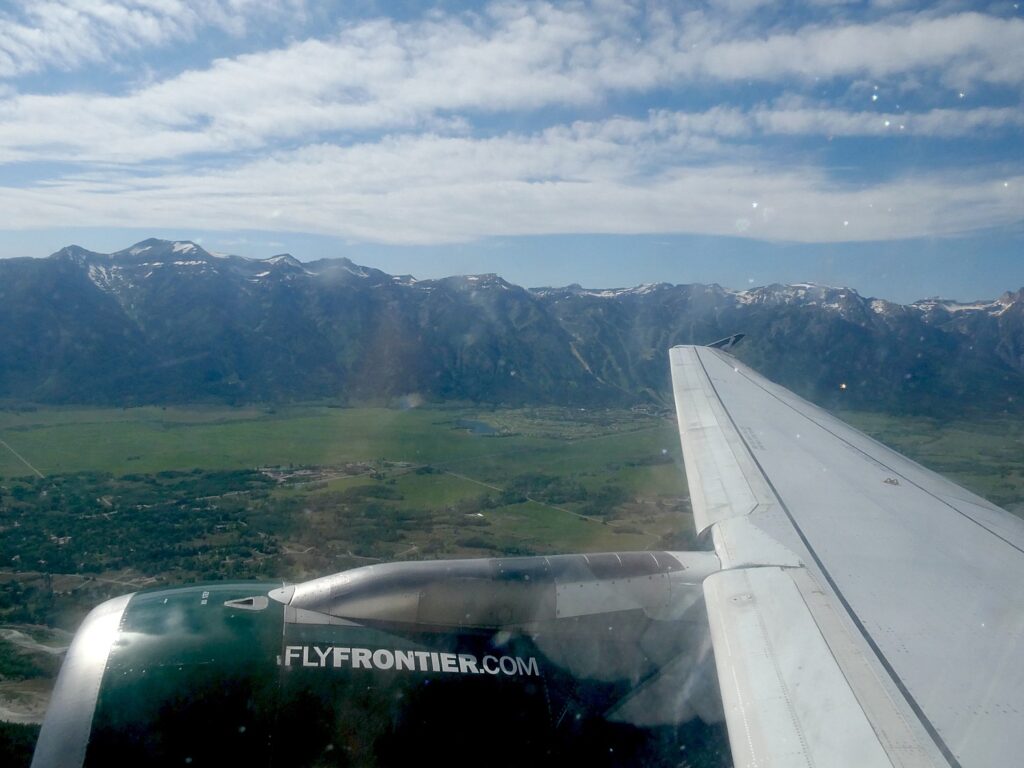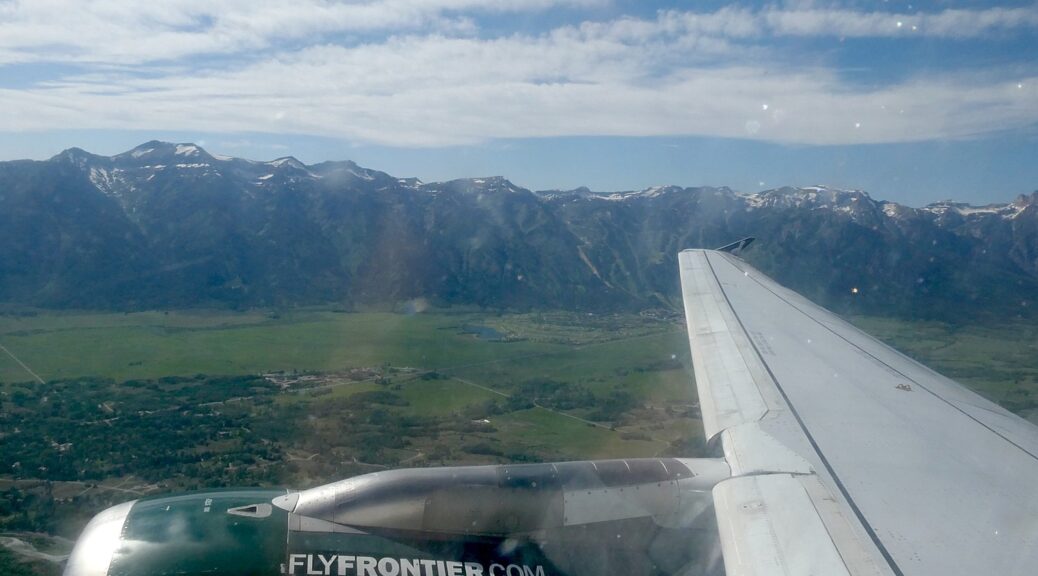
The U.S. Department of Transportation (DOT) announced historic enforcement actions against six airlines, which collectively paid $600 million to people who were owed a refund due to a canceled or significantly changed flight. These fines are part of DOT’s ongoing work to ensure Americans receive the refunds they are owed from airlines. Since the beginning of the COVID-19 pandemic, DOT has received a flood of complaints from air travelers about airlines’ failures to provide timely refunds after they had their flights canceled or significantly changed.
“When a flight gets canceled, passengers seeking refunds should be paid back promptly. Whenever that doesn’t happen, we will act to hold airlines accountable on behalf of American travelers and get passengers their money back.” said U.S. Transportation Secretary Pete Buttigieg. “A flight cancellation is frustrating enough, and you shouldn’t also have to haggle or wait months to get your refund.”
In addition to the more than $600 million in refunds airlines have paid back, the Department announced today that it is assessing more than $7.25 million in civil penalties against six airlines for extreme delays in providing refunds. With today’s fines, the Department’s Office of Aviation Consumer Protection has assessed $8.1 million in civil penalties in 2022, the largest amount ever issued in a single year by that office. A majority of the assessed fines will be collected in the form of payments to the Treasury Department, with the remainder credited on the basis of payments to passengers beyond the legal requirement. The Department’s efforts have helped lead to hundreds of thousands of passengers being provided with more than half a billion dollars in required refunds. The Department expects to issue additional orders assessing civil penalties for consumer protection violations this calendar year.
The fines assessed today and required refunds provided are:
- Frontier – $222 million in required refunds paid and a $2.2 million penalty
- Air India – $121.5 million in required refunds paid and a $1.4 million penalty
- TAP Portugal – $126.5 million in required refunds paid and a $1.1 million penalty
- Aeromexico – $13.6 million in required refunds paid and a $900,000 penalty
- El Al – $61.9 million in required refunds paid and a $900,000 penalty
- Avianca – $76.8 million in required refunds paid and a $750,000 penalty
All of the consent orders are available at www.regulations.gov, docket number DOT-OST-2022-0001.
Under U.S. law, airlines and ticket agents have a legal obligation to refund consumers if the airline cancels or significantly changes a flight to, from and within the United States, and the passenger does not wish to accept the alternative offered. It is unlawful for an airline to refuse refunds and instead provide vouchers to such consumers.
The fines announced today are one of the many steps the Department is taking to protect consumers. Below are additional actions DOT has taken:
- During the summer, the Department rolled out a new airline customer service dashboard to help consumers determine what they are owed when a flight is cancelled or delayed because of an airline issue. Previously, none of the 10 largest U.S. airlines guaranteed meals or hotels when a delay or cancellation was within the airlines’ control, and only one offered free rebooking. However, after Secretary Buttigieg called on airlines to improve their service and created this dashboard, nine airlines now guarantee meals and hotels when an airline issue causes a cancellation or delay and all 10 guarantee free rebooking. The Department will continue to work to increase transparency so Americans know exactly what the airlines are providing when they have a cancellation or delay.
- The Department’s proposed rule on Airline Ticket Refunds, if adopted, would: 1) require airlines to proactively inform passengers that they have a right to receive a refund when a flight is canceled or significantly changed, and 2) define a significant change and cancellation that would entitle a consumer to a refund. The rule would also 3) require airlines to provide non-expiring vouchers or travel credits when people can’t travel because they have COVID-19 or other communicable diseases; and 4) require airlines that receive significant government assistance in the future related to a pandemic to issue refunds instead of non-expiring travel credits or vouchers when passengers are unable or advised not to travel because of a serious communicable disease. The Department invites the public to submit comment on this rulemaking by December 16, 2022. The Department’s Aviation Consumer Protection Advisory Committee will publicly deliberate on the Department’s proposed rule on Airline Ticket Refunds and decide on recommendations to make to the Department at a virtual meeting on December 9, 2022. To register and attend this virtual meeting, please use the link: https://usdot.zoomgov.com/webinar/register/WN_V2zwVF3RQfuoOkyYFVqvdA.
- The Department has proposed a rule that would significantly strengthen protections for consumers by ensuring that they have access to certain fee information before they purchase their airline tickets. Under the proposed rule, airlines and travel search websites would have to disclose upfront – the first time an airfare is displayed – any fees charged to sit with your child, for changing or cancelling your flight, and for checked or carry-on baggage. The proposal seeks to provide customers the information they need to choose the best deal. Otherwise, surprise fees can add up quickly and overcome what may look at first to be a cheap fare. DOT encourages members of the public and interested parties to submit comments by December 19, 2022.
The Department has proposed a rule to refund passengers for services they paid for that aren’t actually provided (e.g., broken WiFi).
For information about airline passenger rights, as well as DOT’s rules, guidance, and orders, the Department’s aviation consumer website can be found at: https://www.transportation.gov/airconsumer.

